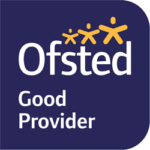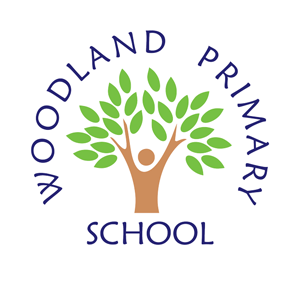Subject area: PSHE
An individual’s physical, mental and social attributes affect all aspects of their lives, both as a child and as an adult. At Woodland we believe that the personal, social and health education (PSHE) of our children underpins all their learning and is central in preparing our children so that they are afforded the greatest opportunity to reach their full potential and become productive and caring citizens living in a culturally diverse society.
Because of this, our PSHE curriculum places a strong emphasis on the teaching of the emotional wellbeing and understanding through our JIGSAW lessons. Our JIGSAW curriculum also incorporates restorative practices. The purpose of restorative practices is to develop community and manage conflict by repairing harm and building relationships through a structured system which provides a fair process that children understand and can access.
Sex and Relationship education is delivered in year 5 and 6, working in collaboration with the school nursing team.
Download further information below:

Safeguarding: The school has effective safeguarding measures in place. Staff are well-informed and confident in identifying and addressing potential risks to pupils. Pupils are knowledgeable about staying safe, particularly online.

Leadership and Ambition: School leaders are noted for their ambition and effective work in improving the school. Their efforts have resulted in a good quality of education for the pupils.

Support for SEND: Pupils with special educational needs and/or disabilities (SEND) are quickly identified and well-supported, achieving good outcomes as a result.

Quality of Education: Pupils receive strong support in learning to read quickly and achieving well. The curriculum is well-planned and effective, particularly in the early years and mathematics. Teachers and teaching assistants are well-trained and provide clear explanations and encouragement.

Behaviour and Attitudes: Pupils exhibit respectful relationships with adults and move around the school sensibly. They are confident in seeking help from staff if needed, and bullying is rare. Pupils listen attentively to teachers and engage in class discussions.

Overall Effectiveness: The school was rated ‘Good’ in all categories, including quality of education, behaviour and attitudes, personal development, leadership and management, and early years provision.

Positive Environment: The school’s environment fosters respect and support among pupils and staff. Pupils are encouraged to develop good manners and social skills, contributing to a positive school culture.

Personal Development: Pupils are encouraged to be independent from an early age and take care in presenting their work. They enjoy participating in various clubs and activities, including sporting competitions and educational visits.

